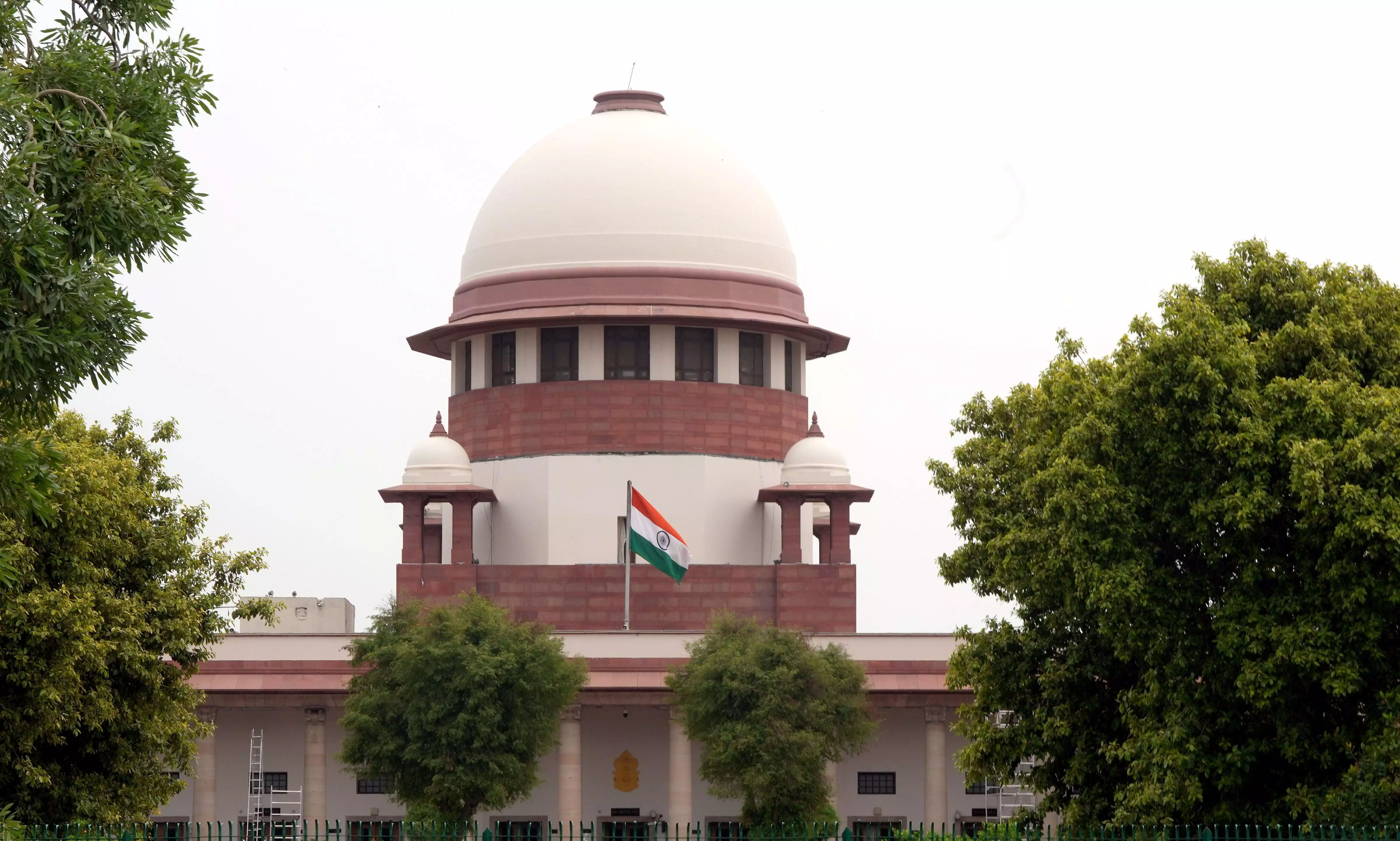DC Edit | Suicide abetment: Caution by SC

The Supreme Court’s direction to investigating agencies not to subject people to “the abuse of the process of a totally untenable prosecution” and to the trial courts to “exercise great caution and circumspection” and “not adopt a 'play it safe' policy by mechanically framing charges” in the case of alleged abetment to suicide has come as an important course correction in the faulty implementation of the law.
The apex court has realistically looked at the circumstances when Section 306 of the IPC which dealt with abetment to suicide was usually invoked and rightly cautioned the police that the law “should not be deployed against individuals only to assuage the immediate feelings of the distraught family of the deceased”. Instead, they should ensure that the acts of the accused “satisfy the requirement of instigation” as mandated by the apex court and the law, and that they “created such circumstances that the deceased was left with no other (sic) option except to commit suicide.”
The law is now very clear: Yes, a suicide may have landed the family of the deceased in distress but that should not act as a reason to frame charges against people whom the family or circumstances would suggest to be culpable. There has to be proof that meets the essential requirements of the law.
It is not the first time that the Supreme Court has seriously looked at the wrongful use of the law; it has as recently as in December come out with an explanation of criteria that must be satisfied for the police to book the suspects. There must be evidence of direct or indirect acts of instigation or incitement to suicide by the suspects in close proximity to the time of commission of suicide by the deceased, the court had said.
In fact, the import of the Supreme Court’s intervention is not limited to one law; it must be strictly adhered to by the agencies and lower courts in the application of every law, lest the process itself becomes punishment for the undertrial.

